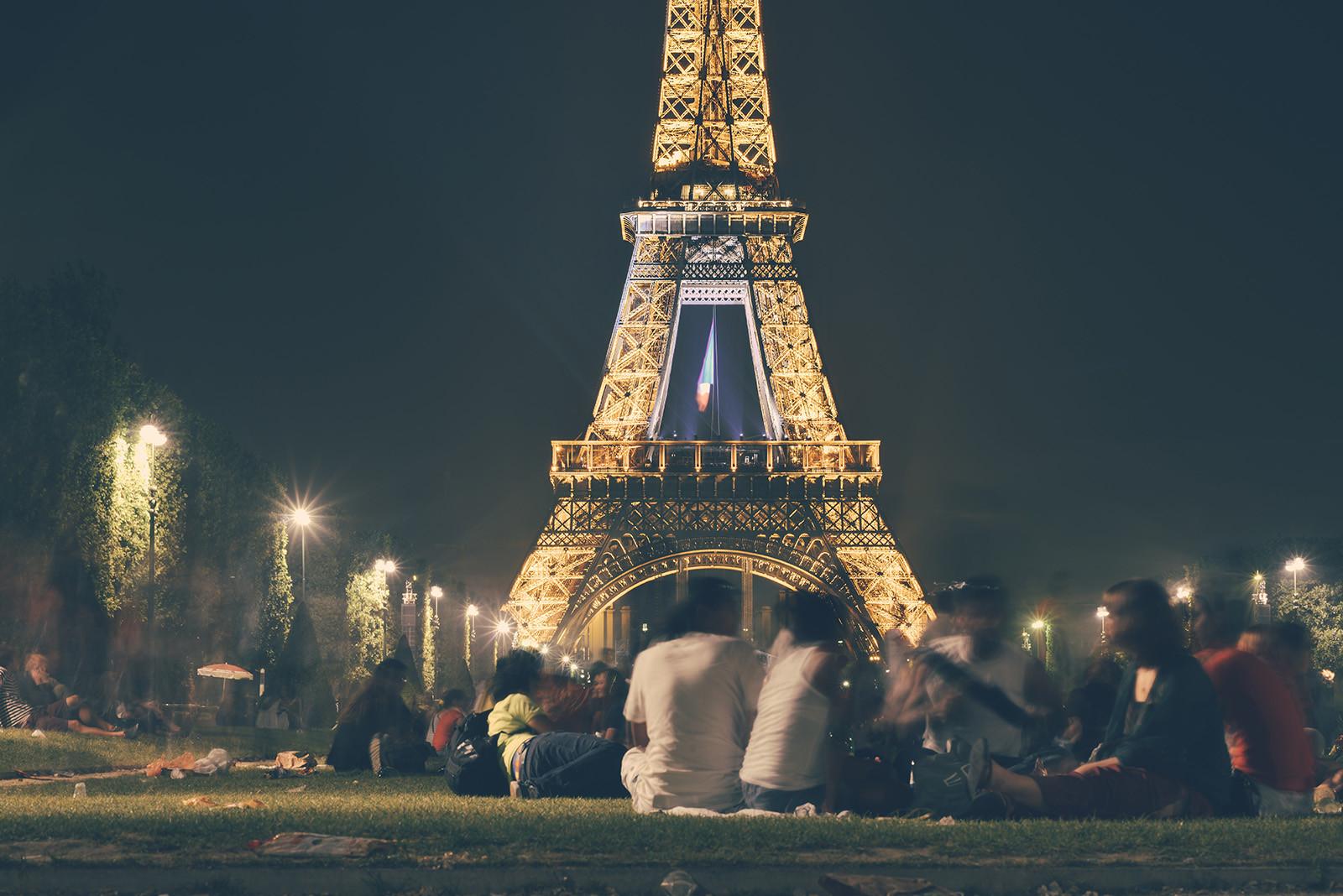Paris remains in a state of emergency today after attacks Friday night by the group known as the Islamic State. Schools and museums will reopen on Monday, according to The New York Times. The death toll is now 132, and there is a comprehensive manhunt for the eighth attacker after seven were killed in suicide bombings and shootouts with the police.
We know now, according to the Times, that the United States and Iran are targeted for attack, but we don’t know when or where exactly. U.S. President Barack Obama and “other world leaders” are in Turkey for a summit meeting today to discuss the attacks. Many are saying this could be the start of a much bigger war on terror, as France has a very good security system and the Islamic State has been systematically attacking countries since June of 2014. On Sunday, “French warplanes struck Islamic State militants in Syria,” seemingly in response to the attacks on Paris which President François Hollande has called “an act of war.”
But suicide bombings also occurred just hours before the Paris attack in Beirut, in which an estimated 40 or more people lost their lives. There was also a magnitude 7.0 earthquake that struck off Japan’s coast this weekend, which triggered a small tsunami and the displacement of some 230,000 people.
Even still, “monuments around the world lit up in the colors of the French flag; presidential speeches touted the need to defend ‘shared values;’ Facebook offered users a one-click option to overlay their profile pictures with the French tricolore, a service not offered for the Lebanese flag,” the Times wrote. The implication, according to the Times, is that Arab lives are being valued less than the lives of the French who were killed in Paris.
The sad fact of the matter is that many of us remained unaware of other horrific incidents on Friday. These other tragedies came into focus many hours after we had heard about the attacks in Paris. Of course this is problematic — but what was the root cause of our ignorance?
Our decision to focus our grief on Paris may not be one made consciously. We have become so desensitized to bombings in Middle Eastern countries because we feel as though they occur every day. But when tragedy strikes somewhere we can relate to — somewhere we believe to be safe and in a country that has been our unwavering ally — we are more inclined to grieve.
Some may say that our emphasis on Paris has taken away from these other disasters, and they are not wrong. But without having heard about these attacks in Paris, would we have paid any attention to what was happening in the rest of the world, particularly in Beirut?
A common argument is that many people may not show solidarity to Lebanon because we identify it as a Muslim nation. Islamophobia is so rampant in our country that a great majority of the Muslim community and its supporters came out on Facebook and Twitter after these attacks by the Islamic State on Friday to encourage their followers not to associate the Islamic State with Islam.
At the same time, there is a fine line between encouraging people to care about Lebanon and criticizing them for not caring. An attack such as this isn’t an opportunity to take others down and introduce a greater amount of hate. Instead, we should be focused on educating those who were unaware of the attacks, which will be significantly more productive than blaming those who don’t grieve for those nations we hear less about.
We cannot dictate grief. We cannot necessarily assign it evenly to all nations and races and walks of life. Many of us have been criticized for overlaying our Facebook profile with the French flag, but this isn’t the time for political discussion. This is still so fresh, and we are incredibly removed from it, but people who have been directly affected should be able to grieve in peace. Imagine losing a loved one in this attack only to be told you don’t care enough about the loss of Lebanese citizens. We cannot possibly discount Lebanon, but at the same time, we cannot tell people they need to pay more attention to something they weren’t as directly affected by.
All over the world, people are tied to news they can relate to. This isn’t to say these other tragedies and disasters weren’t destructive or harmful. But the fact is, this attack on Paris has pulled Americans to the forefront of a broader picture of terrorism throughout the world. Of course there is an element to this that screams “Western privilege.” But at the same time, if Paris were in a Middle Eastern nation filled with constant violence, we would arguably feel the same desensitization toward it as we do now toward Lebanon. What is unnerving is that it took an attack on a Western nation for us to begin to come to terms with the fact that the Islamic State is a growing national security threat. This attack rings closer to home for Americans because 9/11 is still so fresh to us, and this attack is very reminiscent of that.
When all is said and done, and when we have had time to grieve and adjust to this new information about the Islamic State, we each need to sit down with ourselves and think about the prejudices we have about someone who even looks Arab or Muslim. We need to take a second to think about what is going on throughout the world. And although it shouldn’t have taken an attack like this to wake us up, we do need to recognize that at least Paris has brought these issues to light, and that cannot be discounted.
























































































































